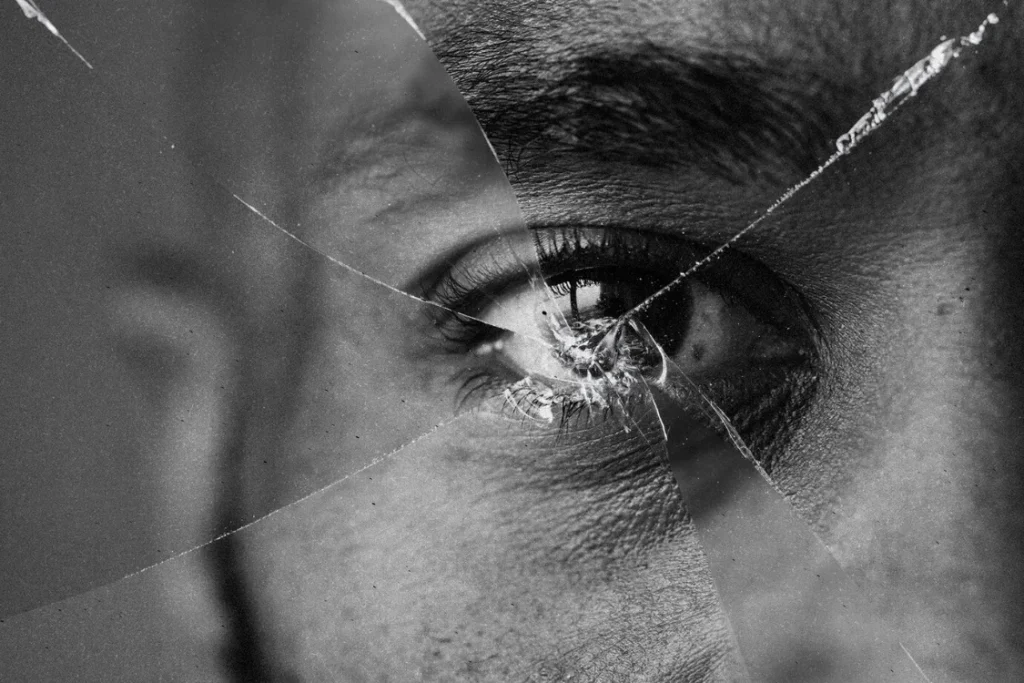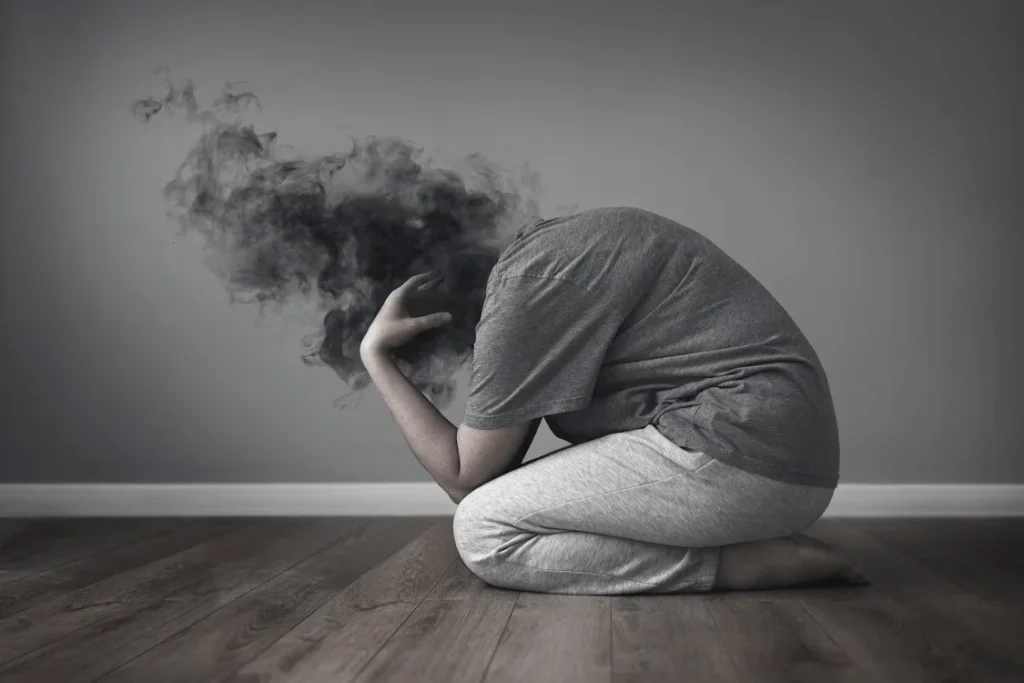
Medication for Benzodiazepine Addiction: Effective Treatment Options
Medication for benzodiazepine addiction helps manage the effects of withdrawal while supporting addiction recovery. It can reduce withdrawal symptoms that appear when you stop using the drug. With proper medical supervision, these treatments can lower the risk of complications.
Learning about available options gives you a clearer view of how recovery can begin and what medical steps are involved in treating the condition safely.
Understanding Benzodiazepine Addiction
Benzodiazepine addiction can gradually take hold through continued use, typically beginning with a legitimate prescription prescribed to treat anxiety or insomnia and building into a pattern of abuse and addiction over time.
How Benzodiazepine Addiction Develops
When you use benzodiazepines, your brain starts to rely on the medication to manage anxiety, sleep, or muscle tension. Eventually, your tolerance increases, meaning you may need a higher dosage to get the same effect. These changes can lead to taking the medication more frequently than prescribed or seeking it outside of medical supervision.
Continued use disrupts your natural brain chemistry and makes it harder for you to function without the drug. It’s important to note that dependence may develop before you even realize it’s happening, especially if withdrawal symptoms begin when doses are missed or reduced. If you’re starting to notice these signs in yourself or a loved one, it’s time to seek help.
Signs and Symptoms of Benzodiazepine Addiction
You may notice changes in how your body and mind function in daily life. Some of the common symptoms may include drowsiness, confusion, poor coordination, and memory issues. You might also experience intense cravings, difficulty cutting back, or use the medication to escape stress or discomfort.
As dependence worsens, it’s not unusual to find yourself thinking about the next dose or feeling unwell without it. These signs point to a growing reliance that affects your ability to stop using the medication safely on your own.
Over time, benzodiazepine misuse may increase, which can lead to addiction and benzodiazepine overdose in severe cases.

What are the Risks of Long-Term Benzodiazepine Use?
Long-term use of benzodiazepines can lead to serious physical and psychological complications, particularly when taken in high doses or without consistent medical supervision.
In addition, the effects of benzodiazepines on memory, coordination, and mood can worsen with extended use and contribute to mental health disorder symptoms or exacerbate existing ones.
Long-Acting Benzodiazepines
If you’ve used long-acting benzodiazepines for an extended period, the medication can accumulate in your system, increasing sedation, cognitive slowing, and daytime drowsiness. These effects may interfere with your ability to focus, perform tasks, or respond quickly. Dependence on long-acting forms may also be harder to reverse due to their prolonged presence in the body.
Anticonvulsants
During benzodiazepine withdrawal, anticonvulsants are sometimes prescribed to help prevent seizures and stabilize mood. These medications can support your system by reducing neural overactivity when you’re tapering off a high dose or have used the drug for many years. However, their use requires careful medical monitoring, as they come with their risks and interactions.
Selective Serotonin Reuptake Inhibitors (SSRIs)
When anxiety or depression becomes more pronounced during benzodiazepine tapering, SSRIs may be introduced to manage symptoms. These are usually used to treat co-occurring disorders like panic disorder or major depression. SSRIs work gradually to help stabilize mood and reduce panic or intrusive thoughts.
Flumazenil
In some situations, flumazenil may be used to counter the effects of benzodiazepines. It acts on the same receptors and can help reverse sedation or lower tolerance. However, it must be administered with extreme caution as it can also trigger seizures or severe withdrawal symptoms in those who have misused benzodiazepines heavily or long-term.
Supportive Medications
Other supportive medications may be introduced depending on what symptoms may arise during withdrawal. These could include agents that manage nausea, tremors, or muscle tension. If you have a history of drug abuse, close monitoring is essential when adjusting medications.
What is Benzodiazepine Withdrawal?
Benzodiazepine withdrawal refers to the range of physical and psychological effects that emerge when the drug is reduced or stopped after extended use.
Physiologically, your brain has adjusted to the medication’s presence, so stopping it may cause the nervous system to become hyperactive. Withdrawal symptoms like anxiety, restlessness, insomnia, and irritability are common. In more severe cases, confusion, hallucinations, or seizures may occur.
The timeline and intensity of withdrawal depend on the dosage, duration of use, and whether other substances were used. If you have a history of substance abuse or a mental health disorder, you may experience more complicated withdrawals, which require specialized medical care.

Managing Withdrawal Symptoms and Recovery
Withdrawal from benzodiazepines can be difficult, but with the right medical support and symptom management, you can move through the process more safely.
Approaches to Withdrawal Management
The most effective approach involves a gradual tapering of the medication rather than abrupt cessation. This gives your body time to adjust and lowers the likelihood of serious withdrawal symptoms.
If needed, your healthcare provider may transition you to a longer-acting benzodiazepine first. For those with severe benzodiazepine abuse or struggling with addiction, supervised detox in a rehab center may be required for safety.
Addressing Side Effects and Complications
Side effects like mood swings, insomnia, and digestive issues may arise during withdrawal, which can be managed with supportive care.
If you have co-occurring disorders, such as anxiety or post-traumatic stress disorder (PTSD), additional treatments are often included in the treatment plan. These address both the withdrawal process and any underlying conditions.
Danger of Mixing Benzos With Other Substances
Combining benzodiazepines with other substances can increase the risk of dangerous side effects and medical emergencies. If you use alcohol, opioids, or other sedatives alongside benzodiazepines, your central nervous system may slow down to a dangerous degree. This can affect breathing, heart rate, and consciousness, leading to overdose or death.
Even medications that seem harmless can interact with benzodiazepines, which makes the effects more unpredictable. These combinations can also increase your risk of long-term dependence and make withdrawal more complicated. Medical supervision becomes even more important if you’ve used benzodiazepines with other substances regularly.
Therapy for Benzo Addiction
Therapy plays an important role in treating benzodiazepine addiction that’s because its physical dependence is often paired with psychological patterns of use. One of the most effective therapies is cognitive behavioral therapy (CBT), which is used to help you identify the triggers that lead to use and build new ways to manage anxiety or stress.
You may also explore how the medication became a coping tool and begin to work through underlying issues such as trauma or depression. Furthermore, group therapy and family involvement can further support your recovery, particularly when emotional or relational factors are involved.
Generally, therapy gives structure to your recovery process and helps address the reasons that made the drug feel necessary in the first place.

Effectiveness of Benzodiazepine Addiction Treatment
Benzo addiction treatment program can be effective when approached with a combination of medical care, psychological support, and ongoing follow-up. Many people who begin treatment with supervision and a structured plan can taper safely and regain control of their physical and mental health. Outcomes tend to improve when withdrawal is handled gradually and when therapy continues after detox.
Ongoing care, such as relapse prevention and mental health support, increases the likelihood of long-term recovery. Remember that success depends on consistent follow-through and a willingness to engage with both medical and therapeutic aspects of treatment.
Start Gaining Control With Twilight Recovery
Taking back control starts with one clear step. At our treatment center, we offer comprehensive care and support that can help ease the process of treating benzodiazepine addiction.
Twilight Recovery is here to walk you through safe treatment, explain your options, and guide each stage of your recovery. Let today be the day you choose a healthier path forward.
Frequently Asked Questions
What are the Approved Treatments for Benzodiazepine Dependence?
Approved treatments include gradual tapering under medical supervision, therapies such as CBT, and supportive medications to manage withdrawal symptoms and co-occurring mental health conditions.
Which Medications Can Help Alleviate Withdrawal Symptoms from Benzodiazepine Cessation?
Medications like long-acting benzodiazepines, anticonvulsants, SSRIs, and certain beta-blockers are used to ease withdrawal symptoms and support neurological and emotional stability during tapering.
Are there any Non-Pharmacological Therapies that Aid in Recovery from Benzodiazepine Addiction?
Yes, therapies such as CBT and mindfulness-based approaches help address psychological dependence, manage anxiety, and build healthier coping strategies during addiction recovery.
How Long Does Medical Treatment Typically Last for Someone With Benzodiazepine Dependency?
It often lasts several months, depending on your symptoms and progress. Tapering, therapy, and medical checks are adjusted to suit your needs.
Can One Switch from a Benzo to Another Medication to Reduce Dependency Risks?
Yes, switching to a long-acting benzodiazepine is common during tapering. This helps reduce withdrawal intensity and allows for a more controlled dose reduction.
What Role do Tapering Strategies Play in the Treatment of Benzo Addiction?
Tapering helps your body adjust slowly, reducing the risk of severe withdrawal. It’s a key part of the treatment plan and is personalized to your needs.

